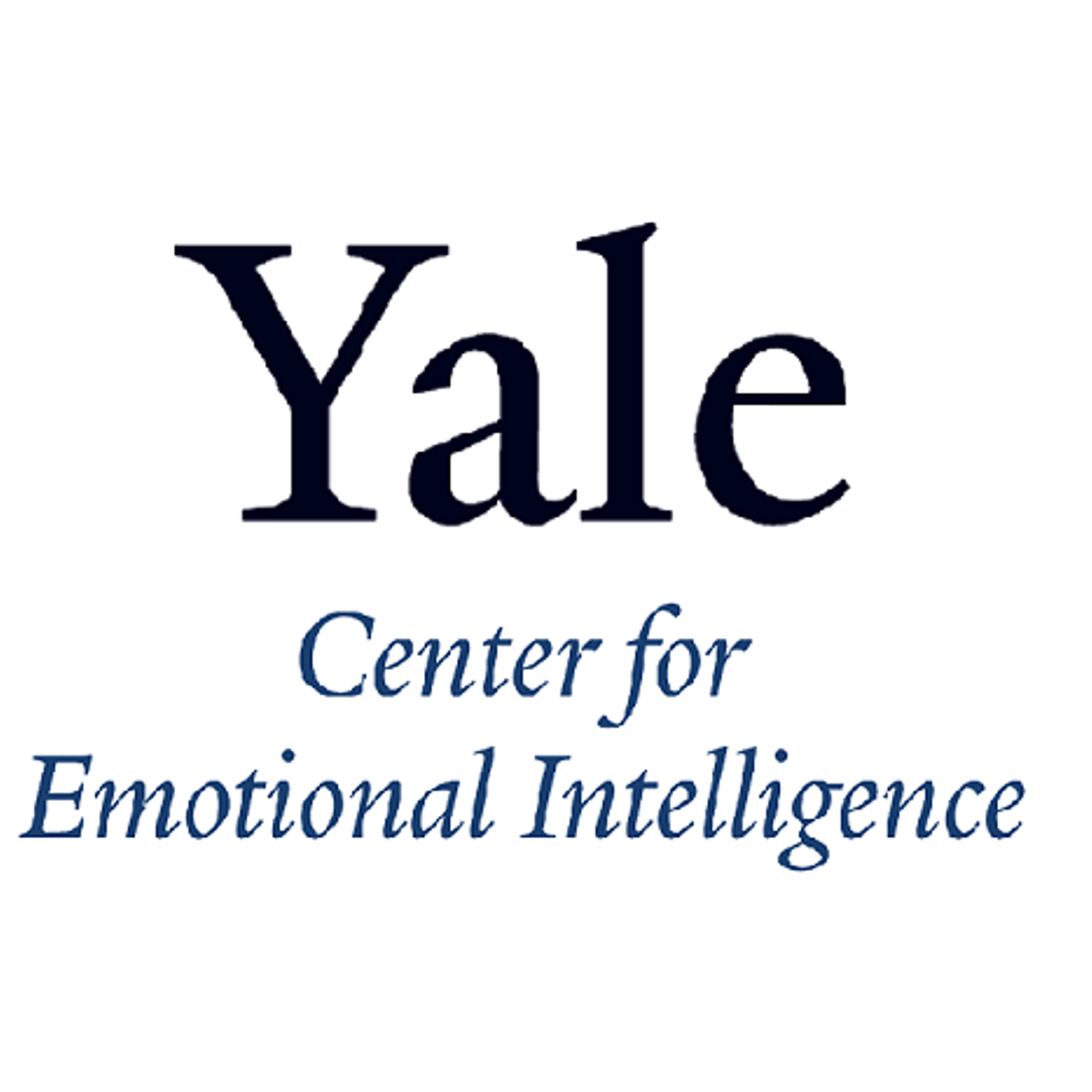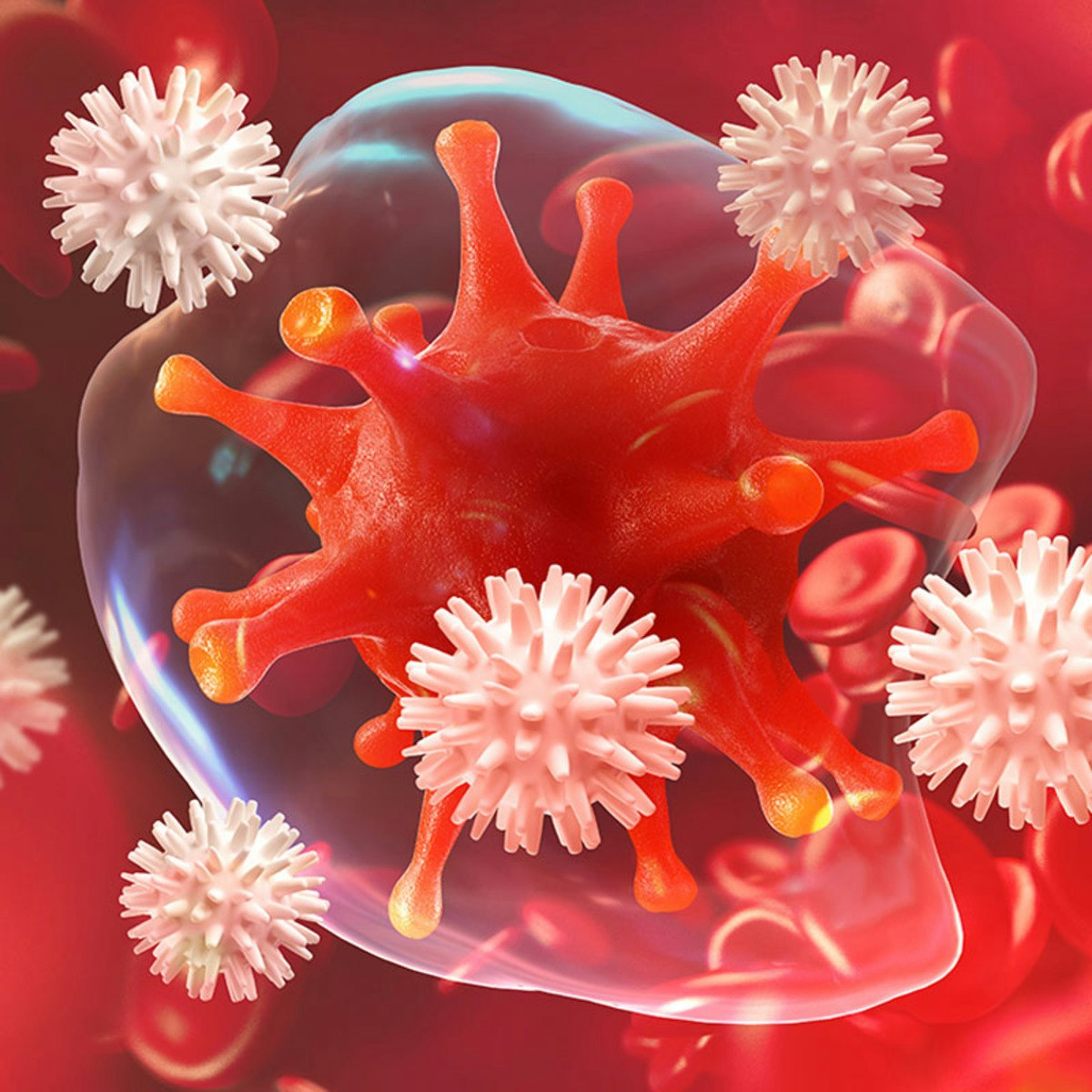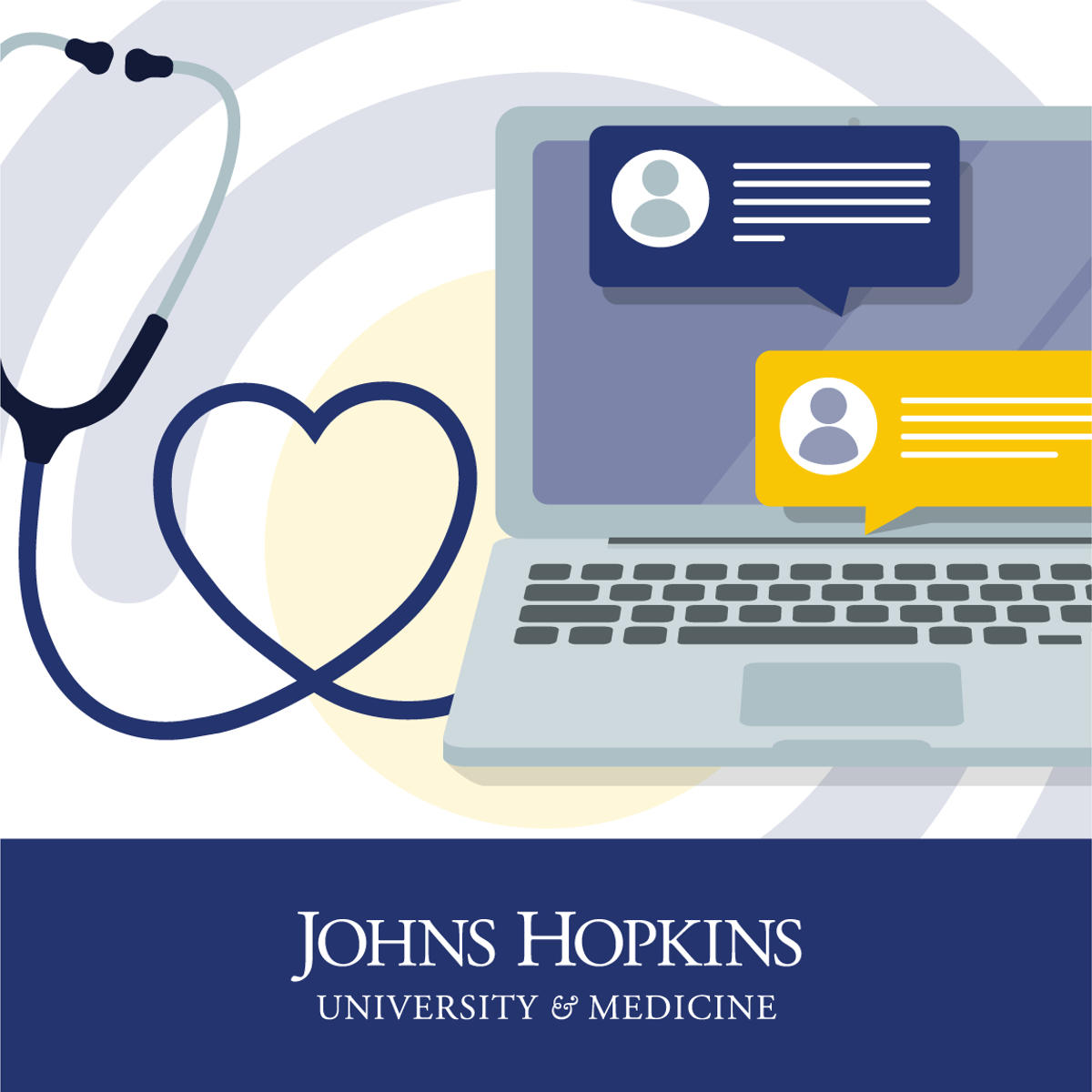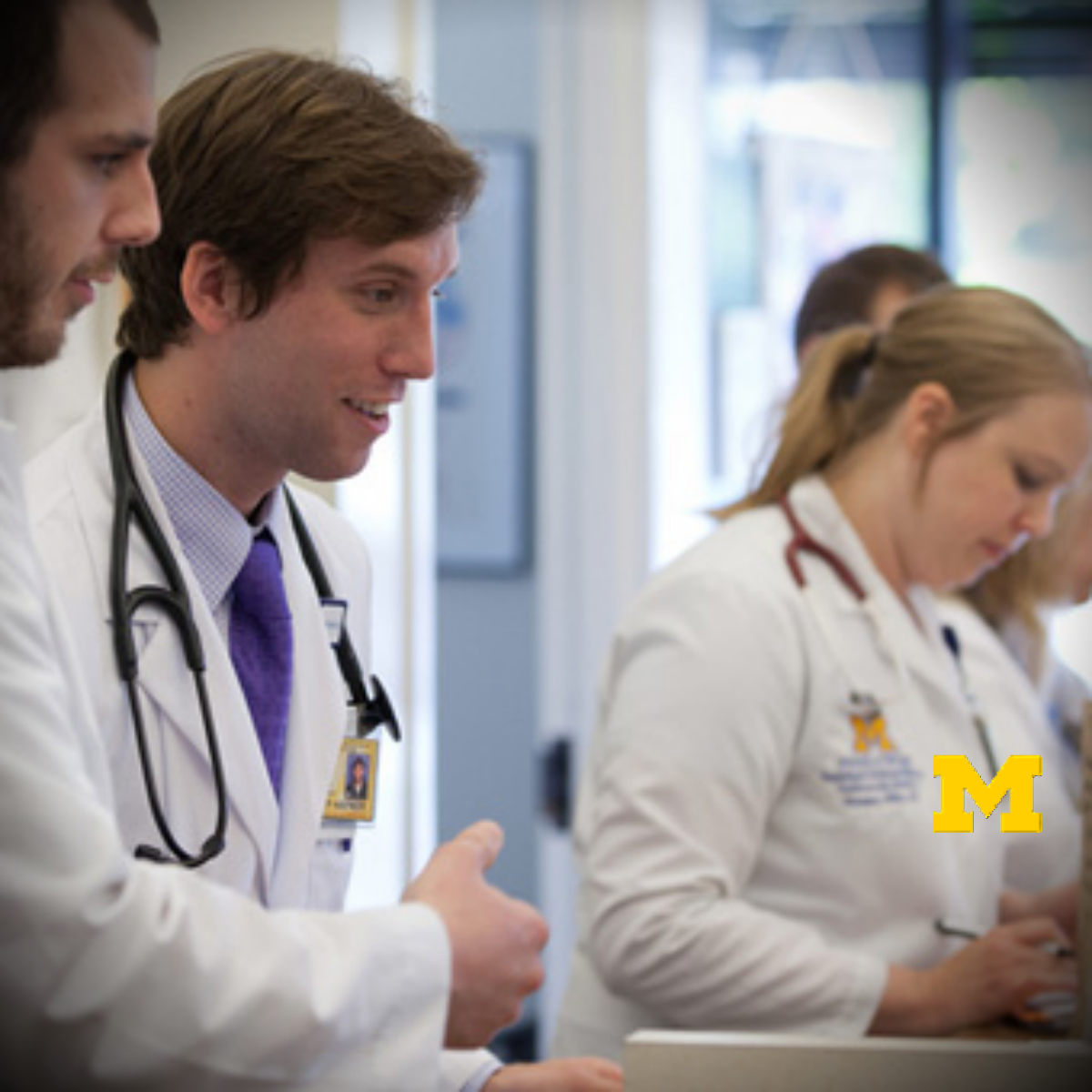Back to Courses









Life Sciences Courses - Page 53
Showing results 521-530 of 644

Managing Emotions in Times of Uncertainty & Stress
Developed by the Yale Center for Emotional Intelligence, Managing Emotions in Times of Uncertainty & Stress will provide participants with the knowledge, skills, and strategies to understand and manage their emotions and those of their students. The 10-hour online course is designed for school staff, including teachers, paraprofessionals, counselors, principals, and non-teaching staff in preK-12 schools.

Medical Terminology I
This course will discuss the importance of learning medical language as well as introduce basic word parts and concepts applied in medical terminology. We will also learn about common organization and terms seen in medical records before moving into system-specific terms for the integumentary system (skin), musculoskeletal system (muscles and bones), and urinary (kidneys).

Fundamentals of Immunology: Death by Friendly Fire
Course 3 of a three course specialization called Fundamentals of Immunology. Each course in the specialization presents material that builds on the previous course's material.
This is the third leg of the journey through the defenses your body uses to keep you healthy. In the first course we learned about innate immunity and B cell function. In the second course we studied T cell function and coordination of the immune response.
Fundamentals of Immunology: Death by Friendly Fire introduces students to the basic functions of the adaptive and innate immune systems. The early lectures survey cells, tissues and organs using metaphors, cartoons and models to improve understanding and retention. After describing the form, function, origin and varieties of antibodies, subsequent lectures provide details on the mechanism of the generation of variation. The course provides animations of gene rearrangement and class switching and descriptions of affinity maturation correlated with detailed physical models of antibody structure. The final lecture reviews these concepts in anatomical context. Testing employs multiple choice questions testing facts, concepts, and application of principles. Questions may refer to diagrams, drawing and photographs used in lecture and reproduced in the outline.
What You’ll Learn:
A survey of immune cells and how they attack pathogens, with emphasis on the mechanism of inducing apoptosis and details of Antibody Directed Cell-mediated Cytotoxicity. The inflammatory response and mechanisms of generating tolerance, presented in sequence to emphasize the decision making involved in controlling attacks. A survey of autoimmune disease, their characteristics, cause and treatment. Survey of hypersensitivity reactions, including allergy, anaphylaxis, anemias, granulomas, and a variety of skin responses. This is accompanied by identification, prevention and treatment. The final discussion of preventing transplant rejection is preceded by a detailed unit on antibody technology and the methods of testing for incompatibility.

Strengthening territorial response for better health
This course was developed by the reference network for the European Regional and Local Health Authorities (EUREGHA), Agència de Qualitat i Avaluació Sanitàries de Catalunya (AQuAS), and Mental Health Europe (MHE) as part of the research project 'Pan-European Response to the Impacts of the COVID-19 and future Pandemics and Epidemics' (PERISCOPE, https://www.periscopeproject.eu/). Funded by the European Commission Research Funding programme Horizon 2020 under the Grant Agreement number 101016233, PERISCOPE investigates the broad socio-economic and behavioural impacts of the COVID-19 pandemic, to make Europe more resilient and prepared for future large-scale risks.

Foundations of Telehealth
Telemedicine has proven itself to be an important part of the future of healthcare. In this course, students will be introduced to the key components and considerations needed to design and implement a successful telemedicine program at both the practice and health system levels. The course emphasizes operational design principles and highlights a team based approach. Key content areas include clinical considerations, patient safety, technology needs, patient satisfaction, legal, government affairs, regulatory and compliance, and billing considerations.

Everyday Chinese Medicine 2
This course, Everyday Chinese Medicine II offered by the Chinese University of Hong Kong, aims to show to the public, as well as the healthcare professionals about the basic principles of Chinese medicine. Our primary goal is to empower healthcare choices by promoting awareness and practical application on Chinese medicine diagnostic and therapeutic approaches, and to facilitate interprofessional education between Chinese and conventional clinicians.
Learners will develop skills in applying theories of Chinese medicine for understanding health and illnesses. We will discuss the treatment principles of Chinese Medicine and the corresponding herbs for application. This will then be followed by the application of diets and exercise. Finally, we would expand the horizons of how integrative medicine are practiced in Chinese populations such as China, Taiwan and Hong Kong for specific diseases. This showcases how different disciplines joints-hands to fulfill the unmet needs from the public. The perspective of research, education and medical coverage will be explored.

Study Designs in Epidemiology
Choosing an appropriate study design is a critical decision that can largely determine whether your study will successfully answer your research question. A quick look at the contents page of a biomedical journal or even at the health news section of a news website is enough to tell you that there are many different ways to conduct epidemiological research.
In this course, you will learn about the main epidemiological study designs, including cross-sectional and ecological studies, case-control and cohort studies, as well as the more complex nested case-control and case-cohort designs. The final module is dedicated to randomised controlled trials, which is often considered the optimal study design, especially in clinical research. You will also develop the skills to identify strengths and limitations of the various study designs. By the end of this course, you will be able to choose the most suitable study design considering the research question, the available time, and resources.

Teaching and Assessing Clinical Skills
The purpose of this course is to improve feedback, clinical teaching, and assessment of clinical skills.

Leading Healthcare Quality and Safety
Ensuring patient safety and healthcare quality is critical and should be a key focus of everyone in healthcare practice. This course provides healthcare practitioners and others with an introduction to the knowledge and skills needed to lead patient safety and quality improvement initiatives at the micro and macro levels. Participants will explore the foundations of health care quality and the science underlying patient safety and quality improvement, design and select effective health care measures, analyze patient safety problems and processes using tools such as human factors analysis, apply systematic approaches including the Plan-Do-Study-Act (PDSA) model to address quality improvement challenges, and learn strategies to lead a culture of change. The course takes a world view of patient safety and quality, linking participants to research and resources from the World Health Organization (WHO), the US Agency for Healthcare Research and Quality (AHRQ), the Joint Commission and other international organizations. Course highlights include personal stories, lessons learned from other industries and interviews with the President of the National Committee for Quality Assurance (NCQA) and other leaders in quality movement.
Pawlson, g. & Johnson, J. (2021). Advancing Health Care Quality: Protecting Patients, Improving Lives. DEStech Publications Inc.
About The George Washington University School of Nursing
Ranked among the top nursing schools by U.S. News & World Report, the George Washington University School of Nursing educates and inspires nurses to provide high-quality, compassionate person-centered health care. The school develops leaders actively engaged in health promotion, patient advocacy and healthcare innovation, and prepares exceptional nurse educators who pursue quality and advance the profession. The School of Nursing is committed to improving the health and wellbeing of people and communities locally, nationally and globally. The school values lifelong learning and its students advance nursing practice, leadership and education as they make a difference in the world.

Managing Social and Human Capital
People are the most valuable asset of any business, but they are also the most unpredictable, and the most difficult asset to manage. And although managing people well is critical to the health of any organization, most managers don't get the training they need to make good management decisions. Now, award-winning authors and renowned management Professors Mike Useem and Peter Cappelli of the Wharton School have designed this course to introduce you to the key elements of managing people. Based on their popular course at Wharton, this course will teach you how to motivate individual performance and design reward systems, how to design jobs and organize work for high performance, how to make good and timely management decisions, and how to design and change your organization’s architecture. By the end of this course, you'll have developed the skills you need to start motivating, organizing, and rewarding people in your organization so that you can thrive as a business and as a social organization.
